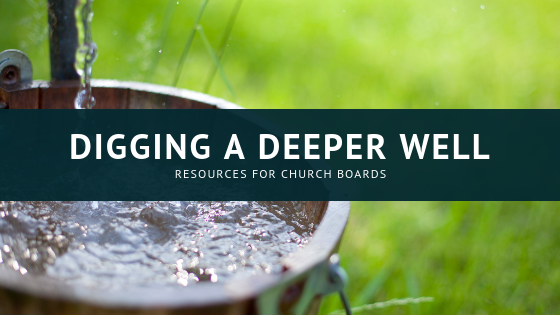Our mention last week of the recent Pew Forum report about the decline of American Christianity drew a lot of response, suggesting that many church boards and pastors are pondering their congregations in the harsh light of its findings.
The Pew report is deeply researched, and its conclusions are nuanced in a way not easily summarized in a short post. However, one conclusion stands clear. The report details a decline in church attendance and general participation. (As we noted in a post a few weeks ago, no one is standing in line behind church volunteers to take their job when they are ready to pass it on). The report also observes a significant decline in affiliation with religious denominations and institutions.
Declines in attendance and participation.
Declines in institutional affiliation.
What the report does not suggest – in any way – is a decline in the number of those who are spiritually hungry and actively searching for deeper meaning and experience. Indeed, the signs of our culture – in books, blogs, podcasts, music, movements, and public conversation – all point to a persistent spiritual hunger, as multiple generations continue to seek deeper meaning in their lives.
This distinction between declines in institutional participation and affiliation on the one hand, and persistent spiritual hunger on the other, must not be lost . . . and it points to a crucial question for church boards. In what ways have our congregations been unreliable “delivery systems” for deep meaning and spiritual experience? To what extent does all that we do in and for “church” match the needs of the people we seek to serve?
Isaiah 55 begins:
Ho, everyone who thirsts,
come to the waters;
and you that have no money,
come, buy and eat!
Come, buy wine and milk
without money and without price.
2 Why do you spend your money for that which is not bread,
and your labor for that which does not satisfy?
Listen carefully to me, and eat what is good,
and delight yourselves in rich food.
3 Incline your ear, and come to me;
listen, so that you may live.
I will make with you an everlasting covenant,
my steadfast, sure love for David.
“Listen carefully to (God) and eat what is good,” Isaiah proclaims. Not everything that a church invests time and energy and resources in cooking up produces a ‘meal’ that is good. Nor will the sheer number of ‘meals’ we prepare in our congregations, through all our activities accompanied by pleas for volunteer participation, actually fill the deep spiritual hunger all of us experience.
This deep hunger – to be known and loved by God as we grow in love and knowledge of God – is the truth of our life. To stretch the “meal” metaphor a bit farther, every item on a church board’s shopping list and every part of a congregation’s “recipe” needs to be focused on feeding this hunger. Everything else – every single other effort of a church and its board – may well lead to narratives (and data) of decline and disaffiliation. Mastering this distinction is a high and hard challenge.
- Thinking of the Isaiah text, what are the essential items in your congregation’s ‘recipe,’ if you want to prepare “to eat what is good” as you listen to God?
- Are some of the things on your congregational ‘shopping list’ not needed? Are you spending some of your resources on “that which is not bread, . . . that which does not satisfy”?
- Who do you find you are listening to, in addition to God? Are those voices helpful?








No Comments